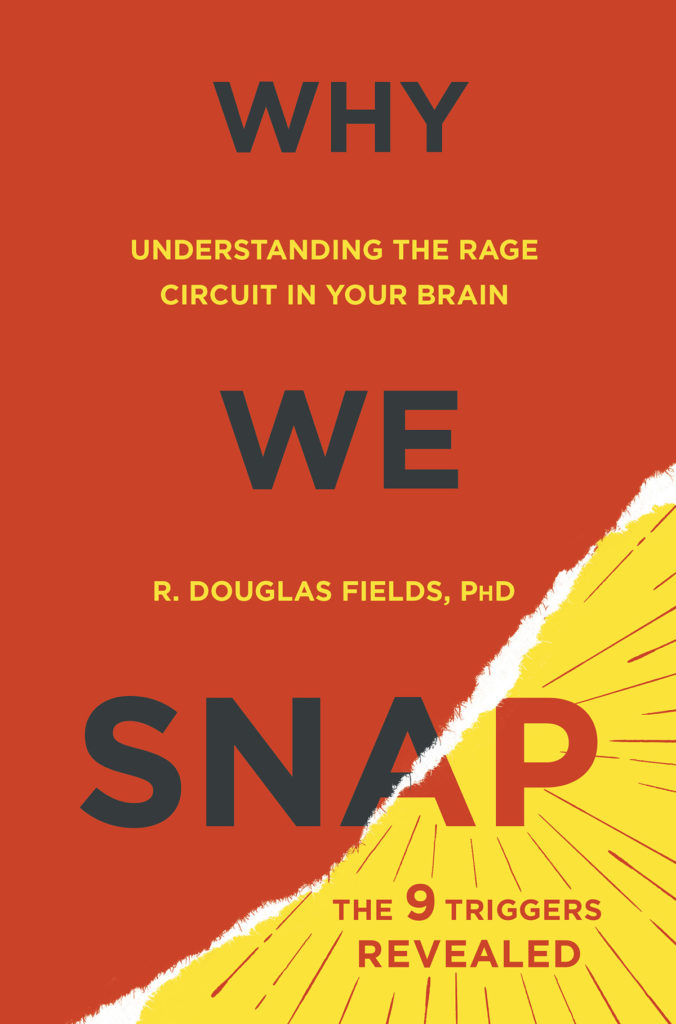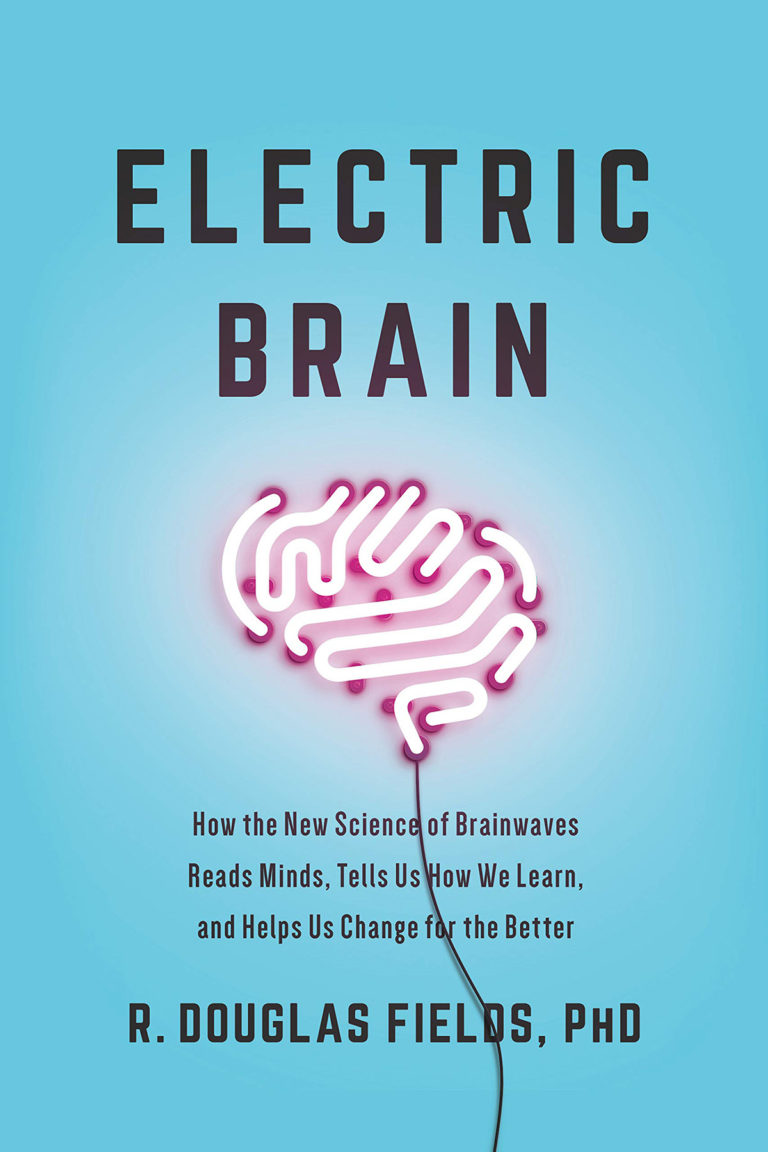Five Myths About Why We Snap
 1. Snapping cannot be controlled.
1. Snapping cannot be controlled.
In fact, by quickly recognizing the specific LIFEMORTS trigger that provokes a sudden rise in anger in any situation, you can quickly manage snapping in rage by instantly recognizing whether or not the trigger has been tripped inappropriately by circumstances in the modern world that these circuits were not designed to confront.
2. Suppressing anger is the best way to control snapping.
Much as the noise of an automobile engine is the result, not the mechanism of action in the internal combustion engine, anger is the result of our unconscious mind analyzing enormous situational information and concluding that we are in sudden danger that must be confronted aggressively. Our multi-colored emotions, anger, jealousy, fear, etc., are how the unconscious mind communicates internal and external threats to our consciousness.
3. Psychopaths and the mentally ill are responsible for the majority of violent crime.
In fact, most violent crime that fills the daily news are acts of sudden anger and aggression–snapping violently–in barroom brawls, domestic disputes and in disputes between neighbors and strangers.
4. Snapping is strictly a matter of personal concern.
In fact, the same LIFEMORTS triggers that control an individual’s response to sudden threats guide aggressive interactions between nations, because all societies and all governments are the product of individual minds. Applying the LIFEMORTS to nations and societies provides understanding of how such heartless acts of terrorism or torture can take place, how incidents between nations can erupt into war, and how factionalism propels mob violence and racism.
5. Rational thought is always the best way to reach a decision.
The conscious brain has an extremely limited capacity to hold information in memory. In the most complex situations where an enormous number of factors must be evaluated quickly, our “gut reaction,” the calculations in our brain operating beneath the level of conscious deliberation drives our decisions; for example, in deciding where to live, whom to marry, or in a perilous situation such as war or mountain climbing in deciding whether to go forward or retreat.
